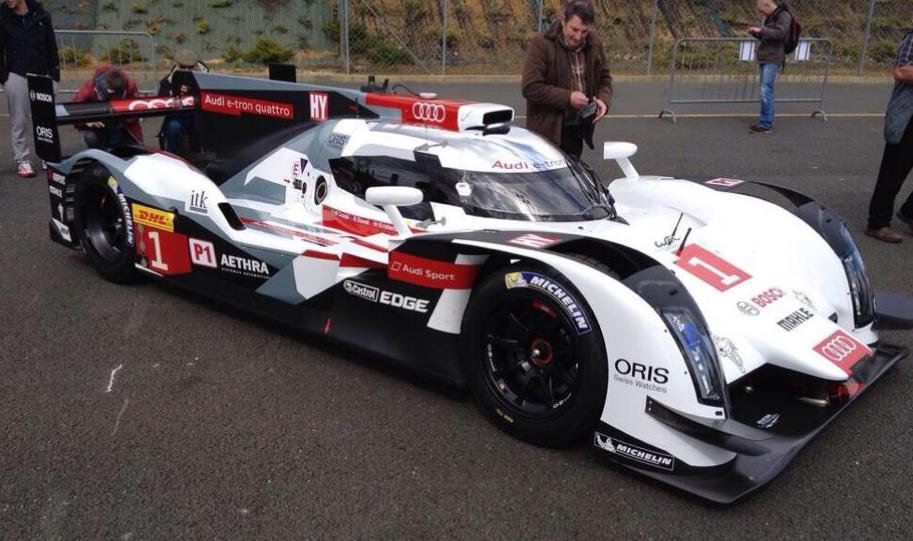The world of Formula One is about to get more exciting and competitive, as four brands from the Volkswagen Group – Volkswagen, Audi, Porsche, and Scout – have announced their intention to join the sport in 2025. This is a major development for the future of F1, as it will bring more diversity, innovation, and rivalry to the grid.
The Volkswagen Group is one of the largest and most successful automakers in the world, with a portfolio of 12 brands and a global presence. However, it has never participated in Formula One, the pinnacle of motorsport, despite having a rich history and expertise in other racing categories, such as Le Mans, WRC, and Formula E.

The main reason for this decision is the alignment of the Volkswagen Group’s vision and values with the new regulations and direction of F1, which aim to make the sport more sustainable, affordable, and relevant for the future. According to a statement from the group, “We believe that Formula One offers a unique opportunity to showcase our technological leadership, our passion for performance, and our commitment to environmental and social responsibility.”
The Volkswagen Group is especially interested in the development and use of synthetic fuels, which are expected to play a key role in the 2025 engine formula. Synthetic fuels are made from renewable sources, such as biomass, wind, or solar power, and can reduce carbon emissions by up to 90% compared to conventional fuels. The group hopes that by entering F1, it can accelerate the research and innovation of synthetic fuels, and eventually transfer them to its road cars.
How Volkswagen Group Will Enter F1
The Volkswagen Group has confirmed that it will enter F1 with four of its brands: Volkswagen, Audi, Porsche, and Scout. Each brand will have its own identity, strategy, and team, but they will share some common resources and technologies, such as the engine and the chassis. The group plans to leverage its existing expertise and partnerships in the automotive and racing industries, as well as its global network of facilities and talent.
The group has also revealed that it will not start from scratch, but rather partner with existing F1 teams, in order to reduce costs and risks, and to benefit from their experience and knowledge. The group has already initiated talks with some potential partners, such as McLaren, Red Bull, and Williams, and expects to finalize the deals by the end of 2023.
The group has also stated that it will respect the budget cap and the fair play rules of F1, and that it will not seek any preferential treatment or advantage over the other competitors. The group’s goal is to compete on a level playing field, and to contribute to the growth and success of the sport.
What Volkswagen Group Expects from F1
The Volkswagen Group has expressed its excitement and optimism about joining F1, and has set high expectations and ambitions for its brands and teams. The group’s chairman, Herbert Diess, said, “We are confident that we can make a positive impact on Formula One, and that Formula One can make a positive impact on us. We are not here to make up the numbers, but to win races and championships, and to thrill the fans and the media.”
The group also hopes that by entering F1, it can enhance its reputation and image, especially after the diesel emissions scandal that tarnished its credibility and trustworthiness in 2015. The group wants to demonstrate its transformation and progress, and to regain the confidence and loyalty of its customers and stakeholders.
Moreover, the group aims to use F1 as a platform to showcase its products and services, and to attract new and younger customers, especially in emerging markets, such as China, India, and Brazil. The group believes that F1 can help it increase its brand awareness, recognition, and preference, and to differentiate itself from its rivals.
Finally, the group intends to use F1 as a catalyst for innovation and development, and to foster a culture of excellence and collaboration within its organization. The group expects that by participating in F1, it can stimulate its creativity and competitiveness, and to improve its skills and capabilities, both in racing and in road cars.
